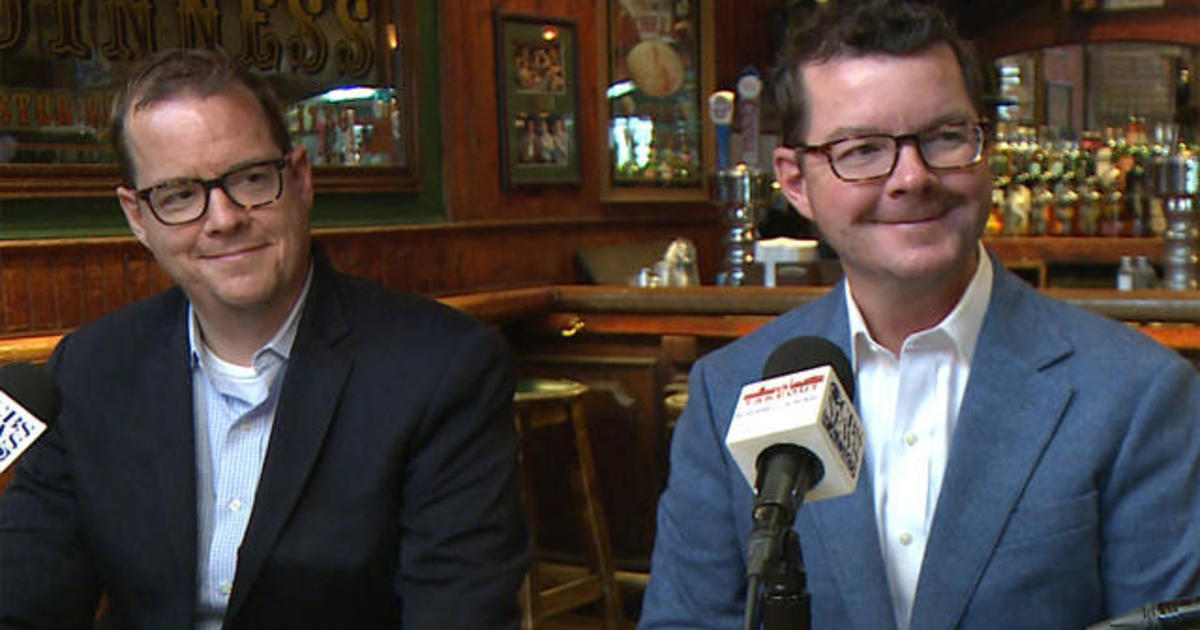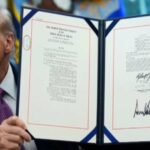In a recent episode of “The Takeout,” authors Brody and Luke Mullins discuss their book, “The Wolves of K Street,” with Major Garrett. The book delves into the world of lobbying in Congress and argues that despite decades of lobbying efforts, decisions made by members of Congress do not necessarily benefit the general public. The authors shed light on the inner workings of lobbying and how it can influence policy-making in Washington.
The Mullins brothers provide insights into the tactics used by lobbyists on K Street to sway lawmakers in their favor. They discuss how lobbyists often work behind the scenes to push for policies that benefit their clients, often at the expense of the public interest. The authors highlight the power dynamics at play in Washington, where well-funded interest groups can have a significant impact on the legislative process.
During the interview, Brody and Luke Mullins also touch on the revolving door between Capitol Hill and K Street, where former lawmakers and staffers often transition into lucrative lobbying positions. This revolving door raises questions about conflicts of interest and the influence of money in politics. The authors emphasize the need for greater transparency and accountability in the lobbying industry to ensure that decisions made by lawmakers are in the best interest of the public.
“The Wolves of K Street” offers a critical examination of the lobbying industry and its impact on American democracy. The authors challenge the notion that lobbying always serves the public good and raise important questions about the role of special interests in shaping public policy. By shining a light on the inner workings of lobbying, Brody and Luke Mullins aim to start a conversation about how to create a more equitable and transparent political system.
Overall, the interview with Brody and Luke Mullins provides valuable insights into the world of lobbying and its influence on decision-making in Congress. The authors’ book offers a thought-provoking analysis of the ways in which special interests can shape public policy and highlights the need for reforms to ensure that the voices of ordinary citizens are heard in the halls of power. As debates over campaign finance reform and government transparency continue, “The Wolves of K Street” serves as a timely reminder of the challenges facing American democracy in the 21st century.









